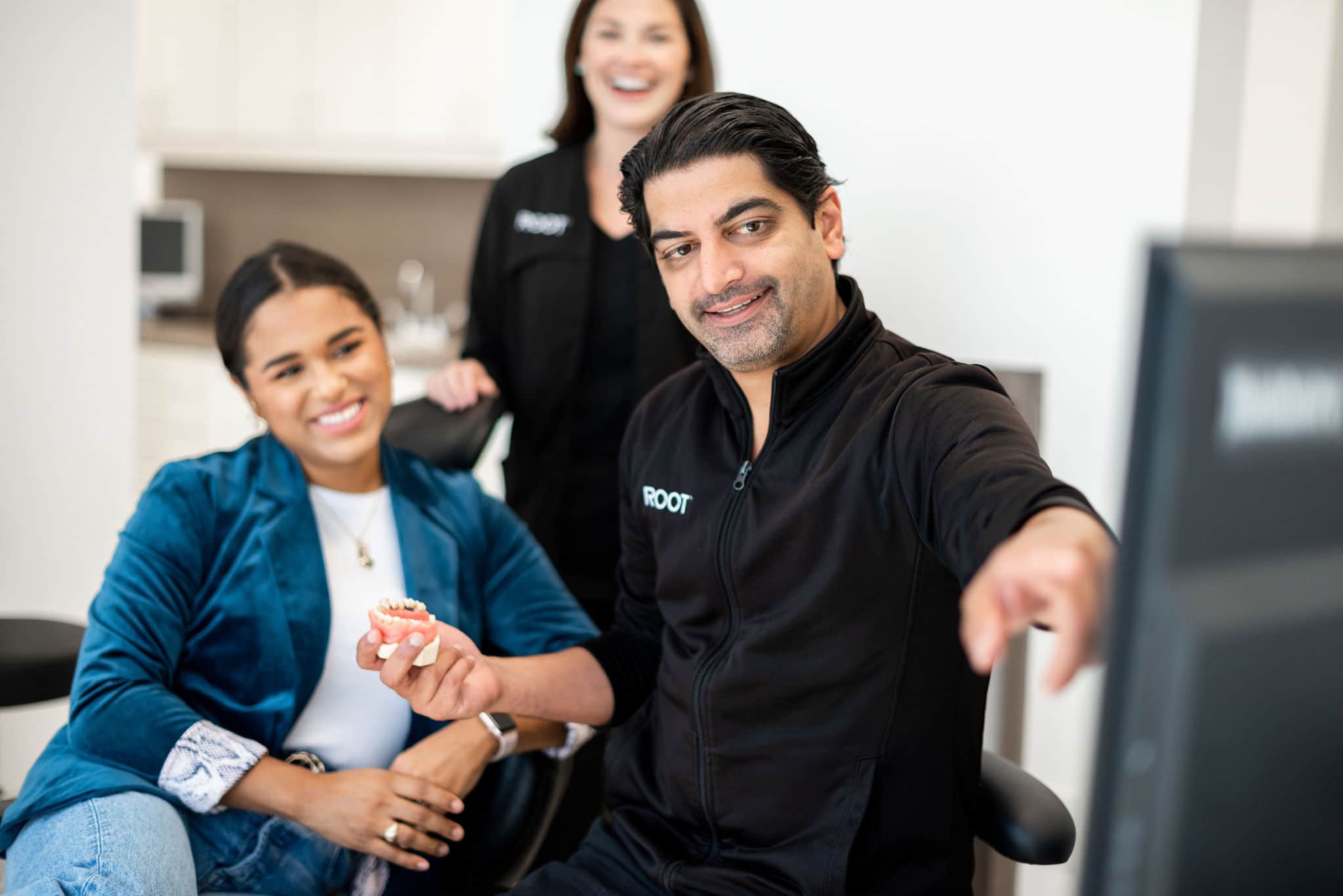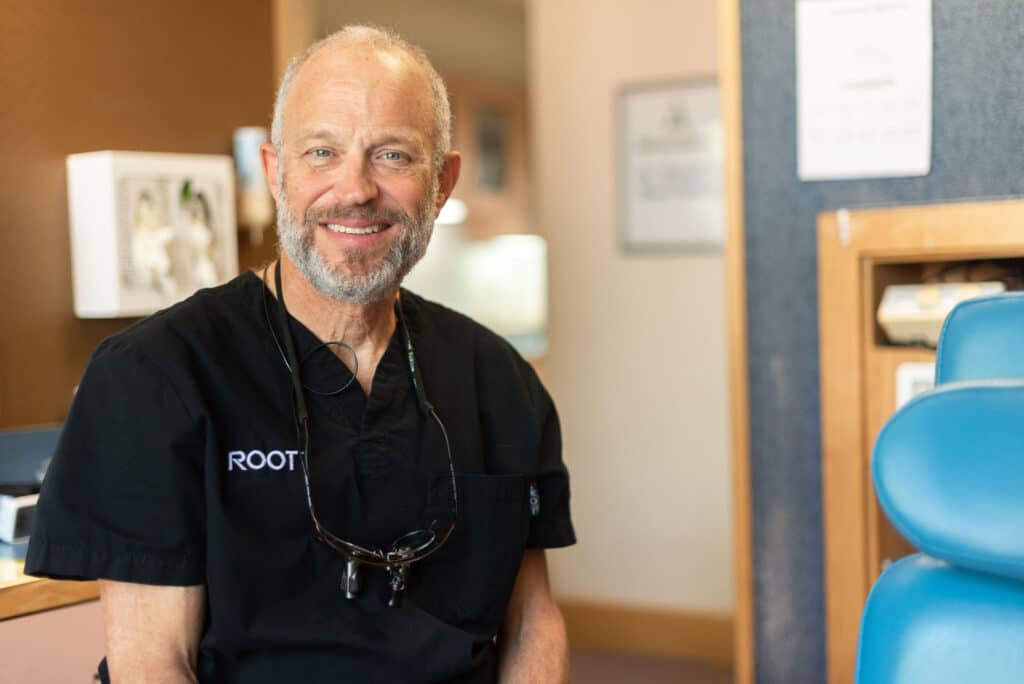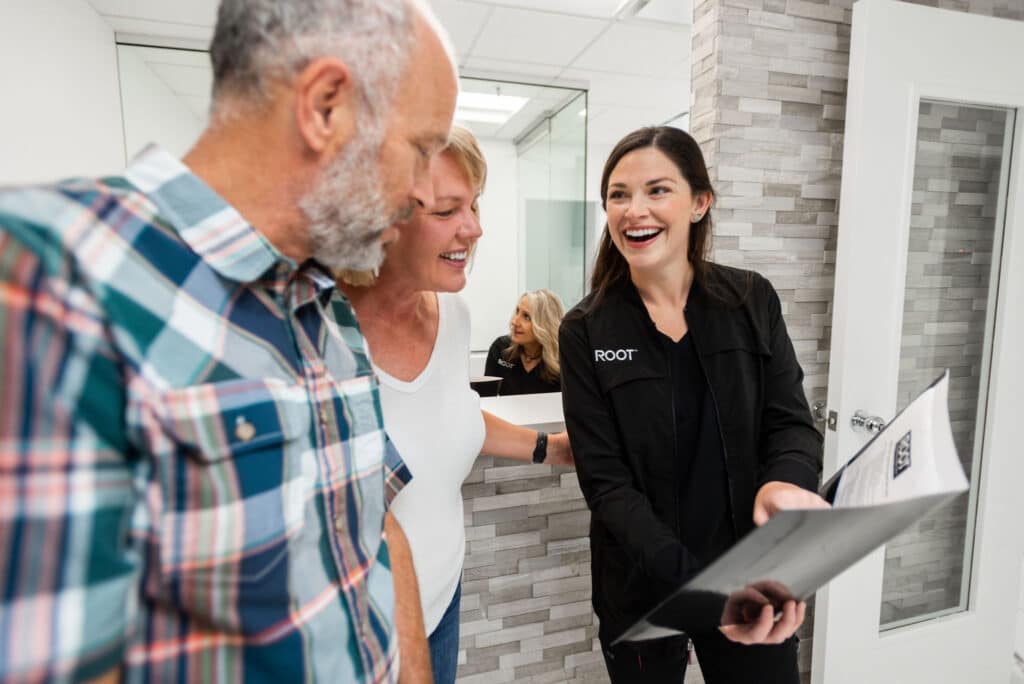First Visit to a Periodontist
It is not uncommon for patients to have their first visit to a periodontist Carrollton texas occur following a recommendation from their general dentist. Periodontists can perform a variety of procedures, ranging from preventative to cosmetic to surgical. For more severe cases of gum disease that have resulted in loss of teeth, periodontists may perform dental implants, full mouth reconstruction, and/or bone grafts, whereas in less severe cases, a periodontist may perform milder procedures, such as periodontal maintenance or scale and root planing to halt or reverse the effects of gum disease.
If your dentist has recommended that you seek periodontal care, it is because you have developed an issue related to your periodontium, which can best be addressed by a specialist.
Another reason people may schedule their first visit to a periodontist is because they have developed symptoms that are commonly associated with periodontal disease. If you do not schedule regular dental cleanings, or if you notice any of the following symptoms, this may be an indication that you have developed periodontal disease:
- Tender or swollen gums
- Gums that bleed easily
- Chronic halitosis that persists even after brushing your teeth
- Gum recession
- Teeth that have become loosened
- Unexplained mouth pain
- Mouth sores
- Pus between your gums and teeth
- Change in bite or fit/feel of dentures
- Unexplained tooth loss
If you are experiencing any of these symptoms, schedule an appointment with a periodontist today. If treated early enough, periodontal disease can often be reversed.
What to Expect from Your First Visit to the Periodontist
Every patient will have a slightly different experience during their first periodontal exam, but. periodontal exams typically begin with a review of your medical and dental history, including any significant preexisting medical conditions, allergies, or medications you may be taking.
Once this is complete, your periodontist will perform a thorough examination of your mouth, including the health of your gums, the alignment of your bite, and the status of your teeth. During this examination, your periodontist will also look for indications of jaw dysfunction, gum recession, loss of bone, and/or periodontal disease. To determine whether or not periodontal disease is present, they will use a periodontal probe to measure the depth of the pockets in your gums. Healthy pockets are typically 4mm or less in depth. If any pockets are greater than 4mm, it will be necessary to determine the underlying cause and develop a treatment plan. If necessary, an X-Ray or other diagnostic test may be taken to determine a diagnosis.
Once a proper diagnosis has been made, your periodontist will discuss available treatment options and answer any questions you have. Once a treatment plan has been determined, the examination will be complete, after which a follow-up appointment will be scheduled if necessary.
What Should I Bring to My Initial Appointment?
To help ensure an efficient experience, please bring the following with you to your initial appointment:
- Referral form (if applicable) and X-Rays from your dentist
- Current list of medications
- Dental insurance card/information
If you are under the age of 18, you must be accompanied by a parent or guardian
How is Periodontal Disease Treated?
Periodontal treatment will be determined by the nature and severity of your periodontal disease. To determine this, a thorough examination will be performed, which will involve the use of a specialized tool to measure the pocket depth of your gums. Gums that are healthy will have a pocket depth of 4mm or less, whereas pockets that are deeper than 4mm generally indicate that periodontal disease is present.
To treat periodontal disease, it will first be necessary to remove bacteria that has formed beneath the gums, and then inhibit the ability for bacteria to collect and harden into tartar, which is done by a scaling and root planing procedure. Once the bacteria has been removed, additional procedures and steps can be taken to reduce your risk of developing periodontal disease and/or correct the impact periodontal disease has already had on your oral health.
Patients who have experienced gum loss may have a gum graft or Pinhole Surgical Technique procedure performed, whereas patients who have lost a tooth or teeth due to periodontal disease may have a dental implant or implants placed. For less severe cases of periodontal disease, improved at-home care and scheduling more frequent periodontal maintenance may be sufficient to correct the issue and prevent similar issues from developing in the future.
Which type of periodontal treatment or treatment options are right for you will vary from patient to patient and be determined by your unique needs. Your periodontist will explain which treatment option is best suited to meet your unique needs during your examination.
Does My Child Need to Schedule an Initial Visit to a Periodontist?
While it is possible for children and adolescents to develop periodontal disease, it is very rare. All the same, it is important that children and adolescents practice good oral health care and keep their teeth and gums healthy to reduce their risk of developing periodontal disease in the future. Be certain that your children brush their teeth twice daily and practice proper flossing techniques. It is also important to ensure they have regular (biannual) dental checkups so their teeth can be professionally cleaned and their oral health can be monitored. By establishing these good habits early on, your child will have a much higher likelihood of avoiding issues like periodontal disease and enjoy a lifetime of good oral health.
How Much Will the First Visit Cost?
There are a range of factors that can impact the final cost of your initial visit to the periodontist, the most common being whether or not a diagnostic exam (X-ray) is necessary in order to develop a treatment plan tailored to your unique needs.
The cost of additional visits to your periodontist will be determined by the severity of your case, what type of treatment options are necessary, number of visits required, and the length of each appointment. The majority of periodontal treatments (including the first visit) are typically covered at least in part by insurance plan, however it is important to bring your dental and medical benefit information to your appointment to determine what is or is not covered.
When Should I Schedule My Next Appointment?
Unfortunately, everyone is at risk for developing periodontal disease, but there are several things you can do to reduce your risk of developing periodontal disease. One of the most important steps you can take is to brush and floss your teeth twice daily. It is also important to avoid foods or beverages that are sugary or starchy, and if you do eat or drink these foods or beverages, rinse your mouth after doing so. Additional factors that may increase the need for greater frequency of periodontal visits include whether or not you are a tobacco user, the state of your general health, the severity of your periodontal disease, and whether or not you are genetically predisposed to periodontal disease.
In addition to following these self-care practices, the best thing you can do to reduce your risk of developing periodontal disease is to schedule a regular periodontal or dental examination every six months, although patients who have already been diagnosed with periodontal disease or who are at an increased risk of developing periodontal disease may benefit from scheduling periodontal examinations with more frequency (every three or four months). Scheduling these regular examinations allows your periodontist to consistently monitor your overall oral health, provide a deep cleaning, and/or identify and address issues before they develop into something worse.
Scheduling your first periodontal appointment is a critical step towards reclaiming your oral health and laying the foundation for a lifetime of good oral health.
More About Periodontists : What is a Periodontist?
